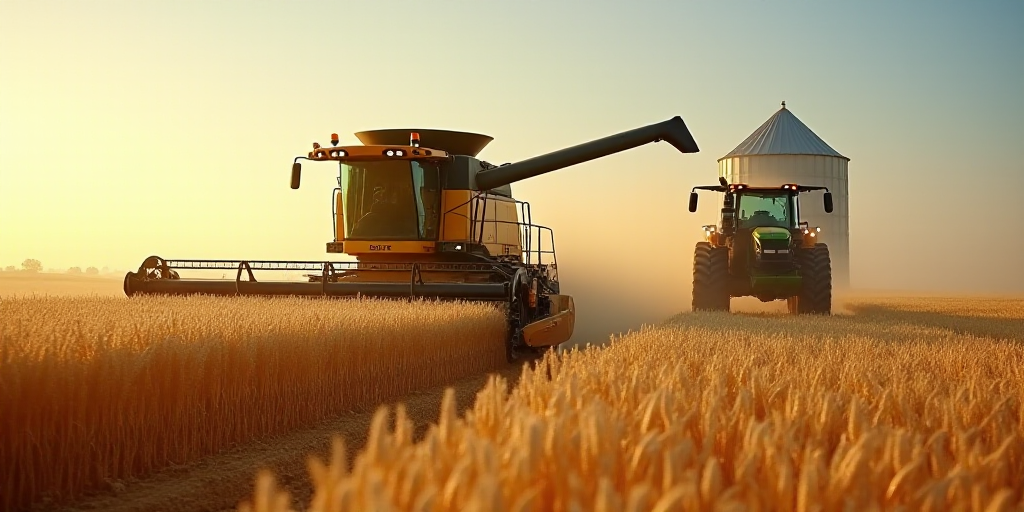Background on the Importance of Rapeseed and Soybean Meal for China’s Livestock Industry
China, home to one of the world’s largest livestock industries, relies heavily on protein-rich feed sources such as rapeseed and soybean meal to support its massive agricultural sector. These feed ingredients are crucial for sustaining the health and productivity of China’s livestock, including pigs, poultry, and cattle.
China’s Efforts to Diversify Feed Supply
In an effort to bolster its food security and reduce dependence on a single supplier, China has recently authorized the import of rapeseed and soybean meal from Uruguay, according to a statement released by the Customs Department. This move makes Uruguay the twelfth country allowed to export rapeseed meal to China, following Beijing’s imposition of a 100% tariff on its primary supplier, Canada, which accounts for over 70% of China’s rapeseed meal imports.
Anticipated Impact on China’s Feed Market
Trade experts and analysts predict a potential deficit in China’s rapeseed meal supply as early as the third quarter of this year. They argue that alternative sources are unlikely to fully compensate for the shortfall, given the existing trade restrictions imposed by China on its major suppliers.
- Question:
Before this announcement, China imported rapeseed meal from 11 countries, including Russia, Kazakhstan, Pakistan, Japan, Ethiopia, Australia, India, and Belarus. - Question:
Alongside Uruguay, China has also allowed soybean meal imports from Russia, Argentina, Brazil, South Korea, Belarus, Zambia, Kazakhstan, and Taiwan.
Relevance of Uruguay in China’s Feed Market
Uruguay, a small South American nation with a thriving agricultural sector, has emerged as an important player in the global feed market. Its strategic decision to focus on high-quality agricultural exports, including rapeseed and soybean meal, has positioned it as a reliable alternative supplier for countries like China seeking to diversify their feed sources.
Potential Consequences for China’s Feed Industry
The approval of Uruguayan rapeseed and soybean meal imports could have significant implications for China’s feed industry. As alternative suppliers are integrated into the Chinese market, the dynamics of supply and demand may shift, potentially influencing feed prices and availability. Moreover, this move underscores China’s commitment to enhancing its food security and reducing reliance on any single country for critical feed ingredients.
Key Questions and Answers
- Question:
China previously imported rapeseed meal from 11 countries, including Russia, Kazakhstan, Pakistan, Japan, Ethiopia, Australia, India, and Belarus. - Question:
In addition to Uruguay, soybean meal imports are now permitted from Russia, Argentina, Brazil, South Korea, Belarus, Zambia, Kazakhstan, and Taiwan.






